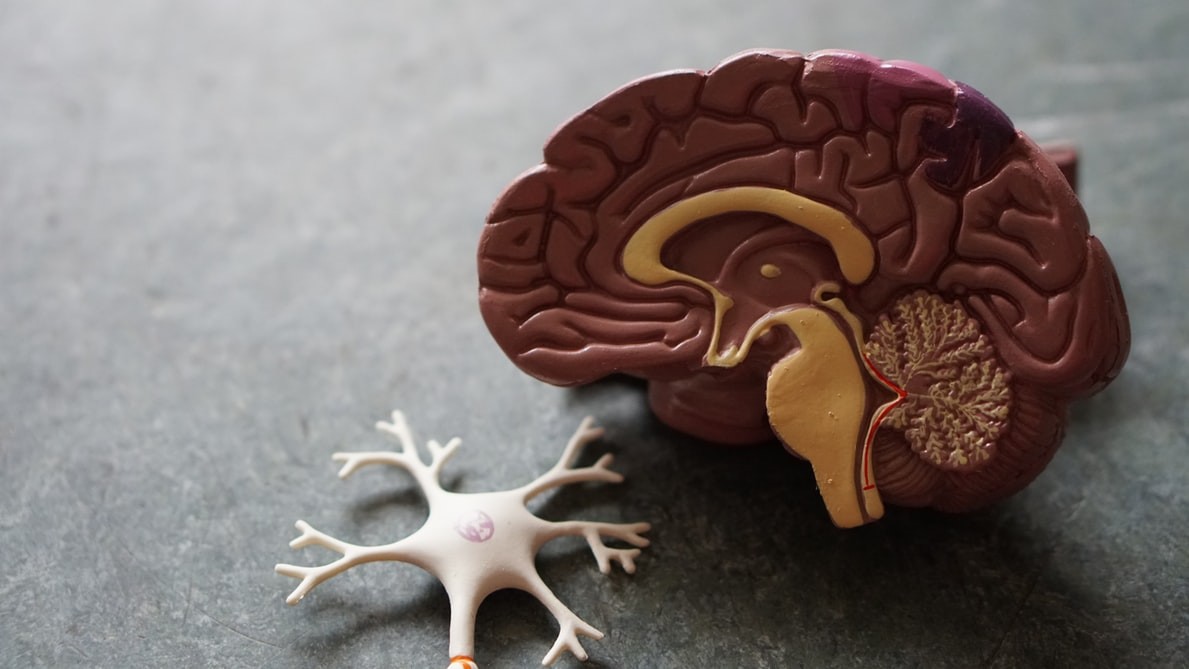
NBC News: New Alzheimer's drug comes with steep price tag
UC expert says doctors, patients will have to consider financial burden when making decision
Leqembi, a newly approved drug for use in people with mild cognitive impairment or early Alzheimer's disease, comes with a price of $26,500 a year.
Experts say the high price, along with Medicare only covering the drug for patients enrolled in a clinical trial, will mean only a limited number of patients will be able to get the drug when it becomes available.
The University of Cincinnati's Alberto Espay, MD, professor of neurology in the UC College of Medicine, director and endowed chair of the James J. and Joan A. Gardner Family Center for Parkinson’s Disease and Movement Disorders at the UC Gardner Neuroscience Institute and a UC Health physician, told NBC News the price of the drug is "very unfortunate."
Espay said doctors will need to include the financial burden as a possible risk of the drug when discussing its potential benefits of modestly slowing the disease. He is a proponent of an alternative theory that it is the loss of the normal amyloid protein, rather than the build-up of the abnormal amyloid plaques, that leads to degeneration.
Previously, Espay noted the benefits of Leqembi may stem from the fact that it increases levels of the normal protein in the brain in addition to its primary aim of removing plaques.
Read the NBC News article on the price of Leqembi.
Read the NBC News article featuring Espay about unanswered questions about Leqembi.
Espay also discussed Leqembi and the state of Alzheimer's research on WVXU's Cincinnati Edition. Listen to the Cincinnati Edition segment.
Read more about Espay's research and alternative Alzheimer's hypothesis.
Featured photo at top courtesy of Unsplash.
Related Stories
The Verge: The teens making friends with AI chatbots
May 9, 2024
Kelly Merrill, an assistant professor of health communications and technology in the University of Cincinnati's College of Arts and Sciences, was cited in an article on teen use of AI chatbots for friendship and therapy purposes. Merrill, who studies the mental and social health benefits of communication technologies, told The Verge that extensive research has been conducted on AI chatbots that provide mental health support, and the results are largely positive.
TVNewsCheck: A new documentary traces the popularity of local TV news to one man, Al Primo
May 9, 2024
A documentary by UC journalism professor Brian Calfano received kudos by the broadcasting trade publication TVNewsCheck. The documentary follows the career of Al Primo (1935-2022), an American television news executive who is credited with creating the Eyewitness News format.
Local 12: UC investigates potential PFAS contamination in groundwater
May 9, 2024
Local news media highlight UC project to study contamination in groundwater in southwest Ohio.
